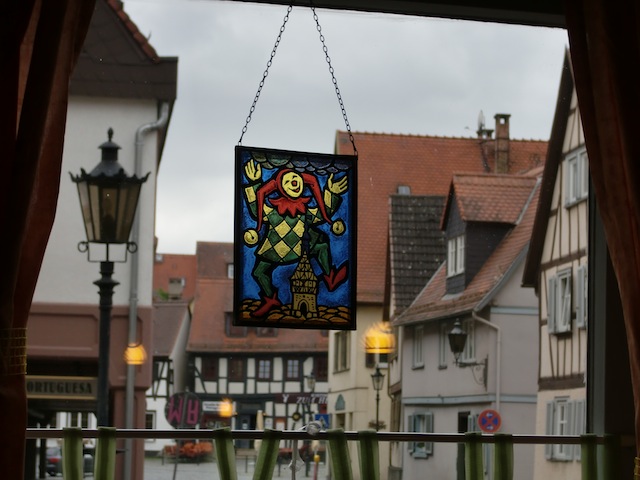Hold on to your neckties today, because today’s Weiberfastnacht is the official beginning of the final culmination of Fasching. Dates vary every year (based on the Easter holiday), but these final days of celebrations always go from Thursday until Tuesday. This makes it six days of partytime for some.
On today’s Weiberfastnacht, ladies may cut off your tie. Wherever you are.
Many public and private parties are taking place, so there will be more random police checks on the roads this weekend.

Fasching in Oberursel
On Sunday, 3 March, take your children to the Faschingsparade in downtown Oberursel. The starting time for the parade is always 14:11.
For some pointers on what to do or what to bring, read my previous post Fasching Parade Oberursel.




